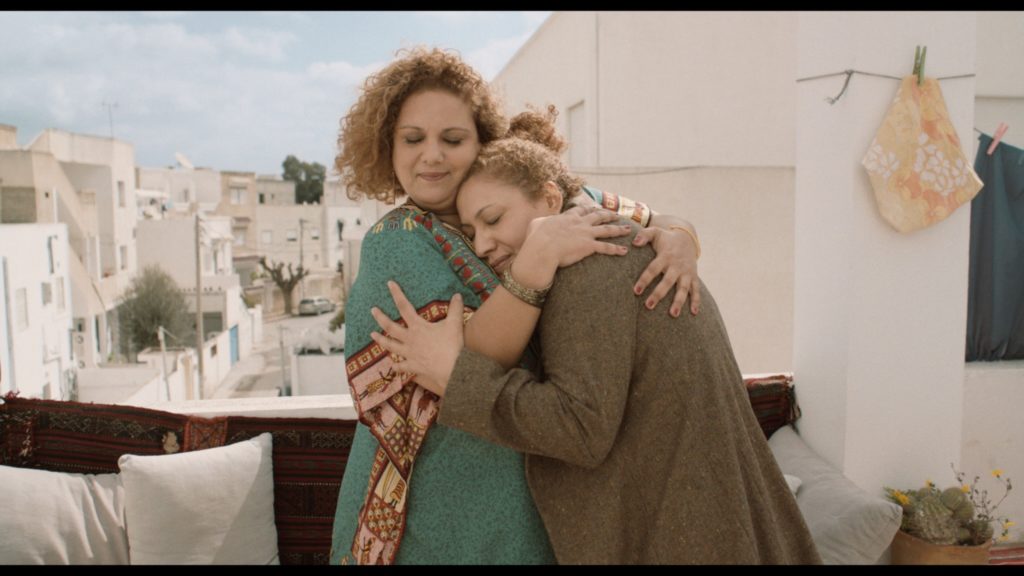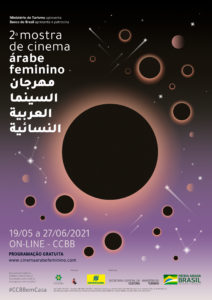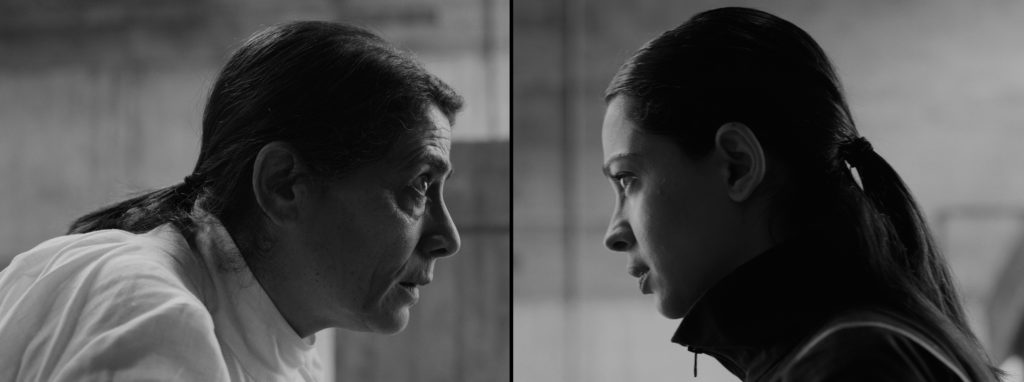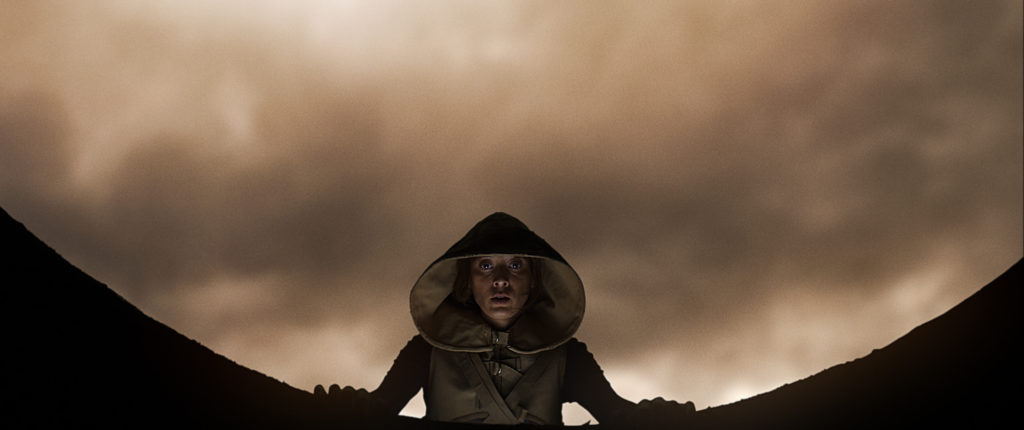São Paulo – Over forty Arab film productions by women are featured at the second edition of the Arab Women’s Film Festival, which is taking place online this year, with sessions free of charge. Hosted by Centro Cultural Banco do Brasil, the festival kicked off last Wednesday (19) and will run until June 27. Pictured at top of this article, a still of the film In the Future They Ate the from Finest Porcelain by Larissa Sansour.

The selection features several film formats and genres, including short and feature, fictional and documentary films. The idea is bringing up the multiplicity of these cinemas through films made by women in countries such as Egypt, Lebanon, Palestine, Sudan, and others.
The festival is free of charge, ad the movies are screened online on the Festival’s website. The project is supported by Banco do Brasil through the Federal Cultural Incentive Law.

The program features debates, panels and an open class by Palestinian filmmaker Larissa Sansour, who’s known for her sci-fi works. It’ll also feature a tribute to Lebanese director Jocelyne Saab (1948-2019), a former war reporter that made dozens of films throughout her career, and a homage to Tunisian filmmaker Moufida Tlatli (1947-2021), the first Arab woman to direct a feature film, who passed away earlier this year from COVID-19.
Curated by Brazil’s Analu Bambirra and Carol Almeida and Egypt’s Alia Ayman, the festival includes films that touch political and social issues, family conflicts, utopias, friendships, and masculinity.
“The festival gives an overview of the Arab production and brings together fiction, experimental, documentary, and performance works. The films address different issues, and some of the recurrent topics are possible futures and the expanded universe, how to live in today’s world,” says curator Bambirra.
Some of the 27 premières are Standy-By Office, Barbès and Ceuta’s Gate by Morocco’s Randa Maroufi, who’ll participate in a debate on the productions; When Things Occur (Palestine/United Kingdom) by Oraib Toukan; The Silent Protest: Jerusalem 1929 (Palestine) by Randa Maroufi; and Have You Ever Killed a Bear? or Becoming Jamila (Lebanon) by Marwa Arsanios.

To get in the mood, the Festival created a playlist on Spotify with songs featured in the movies. Check out the full program of movies, panels, debates and classes on the Festival’s website.
You may also enjoy reading:
- Palestinian actress discusses her theater, cinema work
- Elia Suleiman defies cinematic stereotypes of Palestine
Quick Facts
2nd Arab Women’s Film Festival
May 19 to June 27
Online on www.cinemaarabefeminino.com
Free of charge
Translated by Guilherme Miranda




